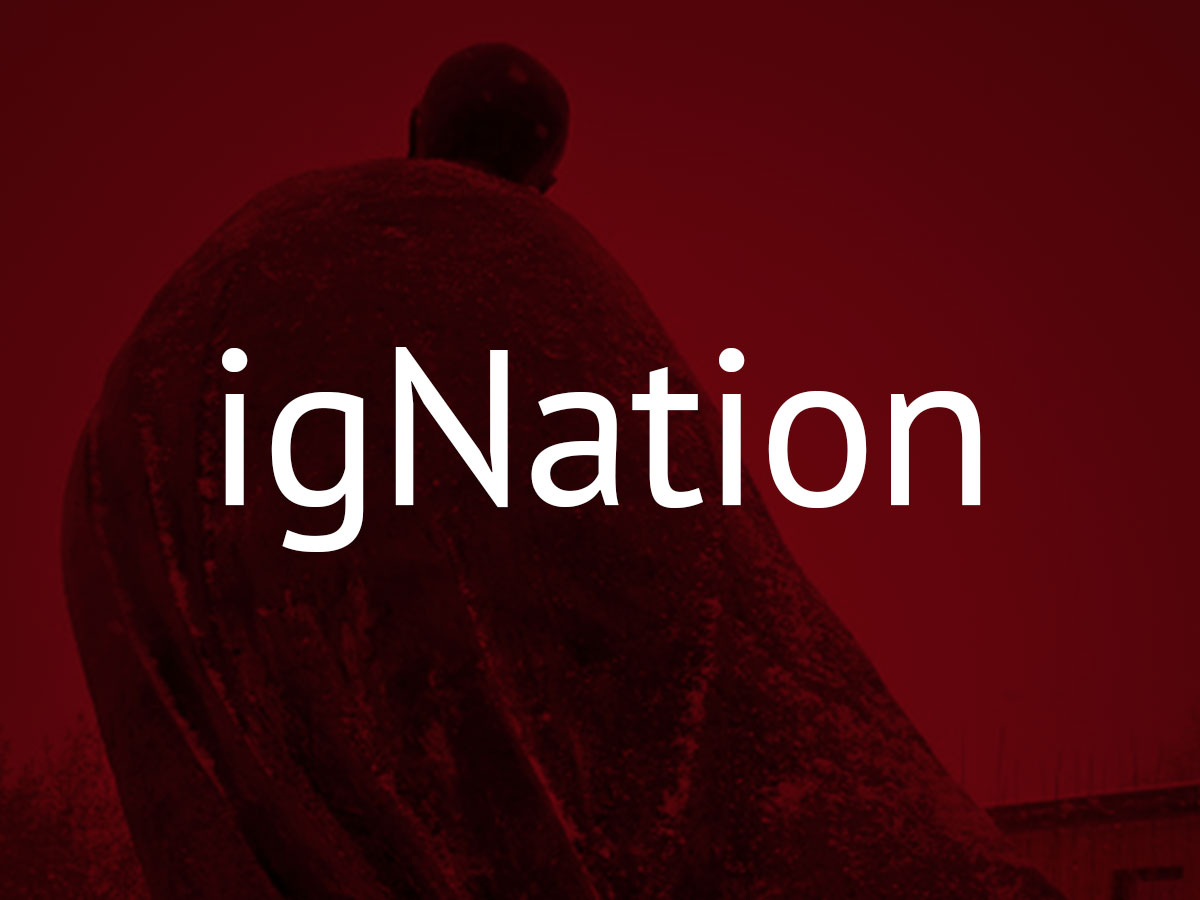Charity and Justice

I have had a few intense conversations over the past year about charity and justice. As the result, I’ve been mulling over the meaning of these two virtues so important to our Christian tradition (and to the traditions of all people of good will). My ‘mulling’ has gone something like this: people tend to use the terms loosely, indistinctly, and forget how they relate to each other.
On one side, charity, mis-defined as ‘charitable works,’ in turn can be conflated with justice, and risk side-stepping the root causes of the great poverty and injustices that exist in our world. This is sometimes called ‘do-goodism,’ an individualistic response to an immediate need rather than an expanding awareness of the bigger picture and decisions to try to do something at a societal level. Indeed, it may point to a resistance in looking at how one might be contributing to any number of injustices in the first place.
 For example, an individual who faithfully gives alms to his parish or her favourite charity but never reflects on the structures that necessitate these very gifts may be living in the ‘ism’ of the doing good mode. The same goes for the parish that raises big bucks to support local causes or to support a sister parish in a developing country but never reflects on the structures that create the need for such acts of charity.
For example, an individual who faithfully gives alms to his parish or her favourite charity but never reflects on the structures that necessitate these very gifts may be living in the ‘ism’ of the doing good mode. The same goes for the parish that raises big bucks to support local causes or to support a sister parish in a developing country but never reflects on the structures that create the need for such acts of charity.
It could be as simple as researching where our local supermarket buys its bananas and asking the question, do local farmers suffer as the result of a multi-national forcing a cash crop on them to the detriment of their ability to grow the food they need to feed their own families. True justice desires to change the structures that produce the needs and injustices in the first place.
Conversely, justice, detached from charity can miss the basic Christian stance of ‘love’ and can get caught in theorizing about of how to change unjust structures. This might sound good in the academic/think tank sphere but in the end, human beings (and all of Creation) can be objectified with the dignity of human person becoming subservient to an abstract sense of the collectivity (and the abuses of power that follow). 
Justice, in the biblical sense, is much more than changing oppressive structures. It involves at the outset a conversion of heart. In the Christian context it is possible only in a world view that includes love of God and of neighbour, even if that neighbour happens to be an enemy. It involves a commitment to solidarity with those who are most downtrodden.
Mother Theresa is a good example, whose work with the Missionaries of Charity has become symbolic of God’s abiding love in a world that is often devoid of it. At the same time, the simple hands on work of countless sisters and volunteers continues to draw global attention to the plight of the untouchables in India. In essence, true justice comes as a result of an already present stance of charity arising from a deep and felt knowledge that the loving hand of God is at work in the world, no matter how bad things might seem to be. 
Pope Benedict wrote a beautiful letter entitled Caritas in veritate where he describes charity as ‘’an extraordinary force which leads people to opt for courageous and generous engagement in the field of justice and peace.’’ (Benedict XVI Caritas in veritate 1)
One might say that charity is the basic stance from which justice flows. Charity is a stance of being and justice is one of action; the two are intimately related. Charity is the heart pumping blood throughout the body and justice is the limbs that get their energy from the blood being pumped. Without the heart the body would be limp and incapable of action.




No Comments